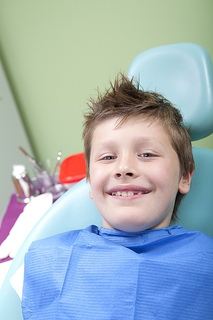Mall Whitening: Why You Shouldn’t
April 19th, 2019

A shopping mall is a great place to get lots of errands done in one trip. Department stores, clothing boutiques, specialty shops? So many tempting options all in one place. But teeth whitening? Maybe not.
Dental office whitening provides you with the whitest possible teeth in the safest possible manner. Your teeth will be checked first for any conditions that might make whitening a bad idea, such as tooth decay, weakened enamel, or gum disease. Dr Karina Gregg will make sure your gums and mouth are protected. A gel with a higher concentration of bleaching agents than those available over-the-counter will be applied, and your whitening progress will be monitored. You can also ask about having a custom-fitted tray made for at use at home with professional whitening gel.
What is different about mall bleaching?
- No dental exam will be provided beforehand. If you have dental issues, the whitening process might cause further problems such as tooth sensitivity or gum inflammation.
- The amount of peroxide in the bleaching agents can vary from place to place. You might end up with something equivalent to home whitening strips, or you might be exposed to solutions that should only be available in a dentist’s office.
- Finally, in many areas, mall whitening is actually illegal because it is considered the practice of dentistry without a license. Mall kiosks skirt this problem by having customers insert the trays full of gel themselves—a practice that does not take the place of professional training, licensing, and regulation.
A mall kiosk is a convenient place to select a new phone. Or try an unusual hair care product. Or purchase the latest in fad toys. But when it comes to your dental health, it’s worth a special trip to our San Marcos, CA office if you want the safest, most effective whitening.






 Website Powered by Sesame 24-7™
Website Powered by Sesame 24-7™